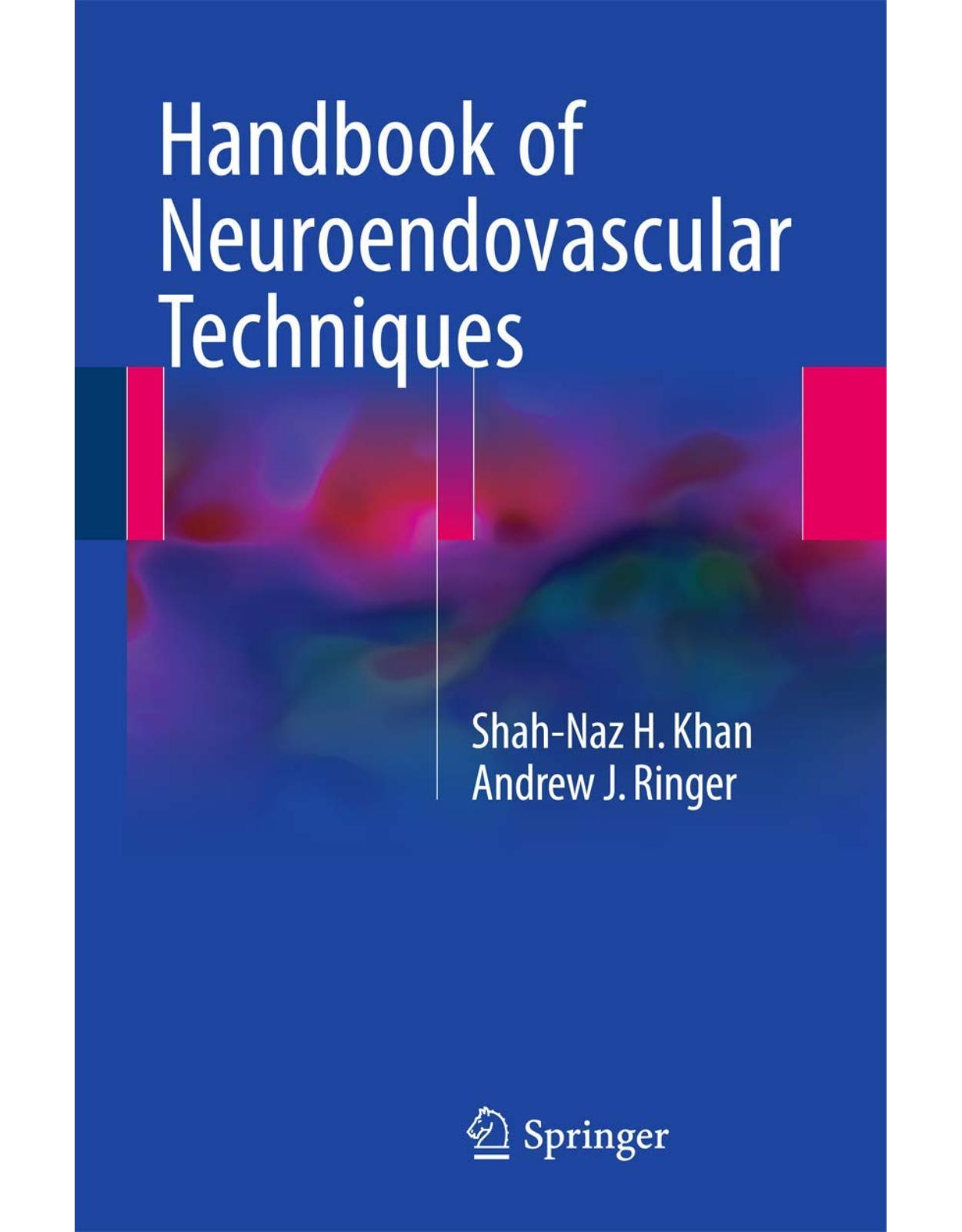
Handbook of Neuroendovascular Techniques
Livrare gratis la comenzi peste 500 RON. Pentru celelalte comenzi livrarea este 20 RON.
Description:
This handbook provides step-by-step instructions enabling even a novice in the field of interventional neuroradiology/endovascular neurosurgery to perform a procedure. It covers the breadth of mainstream endovascular techniques. This manual provides lucid, readily accessible and pertinent hands-on information. It focuses on practicalities such as technique, choice of equipment and rationale, contrast agents, medications, precise pre- and post-procedure management and management of complications. It does not elaborate on theoretical aspects of disease e.g., etiology, pathogenesis, statistics, etc. In essence, it provides the necessary information to enable performance of a procedure. Handbook of Neuroendovascular Techniques will be a great resource for a whole range of physicians from residents, to those just embarking on their own independent practice to established experts reviewing methodology of a technique. The authors have a depth of experience and are highly qualified, ensuring objective, pertinent, authoritative and competent coverage of subject matter.
Table of Contents:
1 Preparing for Angiography
Preparing the Angiography Equipment Table
Instruments
Medications (with Typical Doses)
Guidewires
Shape
Coating
Sheaths
Catheters
Difference Between Sheaths and Catheters
Setting up Flushes for Sheaths and Catheters
Attaching Flush System to the Sheath
Attaching Flush to the Catheter
Preparation of Patient
Suggested Readings
2 Access: Femoral, Radial, Brachial, Carotid
Femoral Access Using Modified Seldinger Technique
Micropuncture Technique
Using Single-Wall 18G Needle
Using Image Guidance in Difficult Access
Radial Access
Allen Test
Reverse Allen Test
Access Technique
Brachial Access
Carotid Access
Choice of Sheath or Access Device
Problems Encountered and Solutions
Suggested Reading
3 Closure Techniques
Manual Compression
Compression Devices
Femostop®
Percutaneous Closure Devices
Cautions
Problems Encountered During Closure and Solutions
Femostop
Angioseal
Suggested Readings
4 Contrast Agents
Choices
Adverse Effects
Management of Adverse Reactions
Special Considerations
Diabetes
Diabetes and Renal Insufficiency
Renal Insufficiency
Contrast Nephrotoxicity
Prevention/Treatment of Contrast Nephrotoxicity
Renal Dialysis Patients
Prep/Pre-medication for Iodine Allergy
Elective Cases
Emergency Cases
Suggested Readings
5 Choice of Sheaths, Wires, and Catheters
Sheaths
Short Sheaths (10–45 cm)
Long Sheaths (90–100 cm)
Special Considerations
Wires
Guide wires
Stiff Wires
Exchange Length Wires
Shaping a Wire
Microguidewires
Catheters
Guide catheters
Diagnostic Catheters
Interventional Catheters/Microcatheters
Aneurysms
AVMs
Stroke
6 Navigation
General Tips
Aortic Arch
Brachiocephalic Trunk
Subclavian Artery
Vertebral Arteries
Carotid
Right Common Carotid
Left Common Carotid
Internal Carotid Artery (ICA)
External Carotid Artetry (ECA)
Selective Cerebral Artery Catheterization
Anterior Cerebral Artery (ACA)
Middle Cerebral Artery (MCA)
Vertebrobasilar System
Techniques in Case of Difficult Navigation
Postoperative Management and Follow-Up
Venography
Access
Navigation
Vessel Selection
Techniques in Case of Difficult Navigation
Sigmoid Sinus
Spinal Angiography
Suggested Reading
7 Venography and Intervention
Equipment
Access
Navigation
Vessel Selection
Intervention
Cranial Sinus Thrombosis
Chemical Thrombolysis
Contraindications
Mechanical Thrombectomy
Dural Arteriovenous Malformations/Fistulae
Closure
Techniques in Case of Difficult Navigation
Sigmoid Sinus
Suggested Reading
8 Spinal Angiography and Intervention
Spinal Angiography
Indications and Case Selection
Contraindications
Preoperative Management
Technique
Planning
Procedure
Postoperative Management and Follow-up
Spinal Interventional Procedures
Indications and Case Selection
Contraindications
Preoperative Management
Technique
Postoperative Management and Follow-up
Spinal Fistulae
Indications and Case Selection
Contraindications
Preoperative Management
Technique
Embolic Agents
PVA
Onyx
Procedure
NBCA
Additional Equipment/Devices
Procedure
Postoperative Management and Follow-up
Spinal Tumors
Indications and Case Selection
Contraindications
Preoperative Management
Technique
Embolic Agents
PVA
Procedure
Onyx
Alcohol
Procedure
Postoperative Management and Follow-up
Location Specific Considerations Including Difficult Access
Cervical
Thoracic
Lumbar
Suggested Readings
9 Embolization for Epistaxis and Cranial Tumors
Epistaxis
Indications and Case Selection
Preoperative Management
Equipment
Vascular Access
Procedure
Particle Embolization
Location-Specific Considerations
Postoperative Management and Follow-up
Onyx
Tumors
Indications and Case Selection
Contraindications
Preoperative Management and Procedure
Postoperative Management and Follow-up
10 Extracranial Angioplasty and Stenting
Subclavian Artery Angioplasty and Stenting
Indications and Case Selection
Contraindications
Preoperative Management
Drugs
Devices
Vascular Access
Intervention
Vessel Perforation or Arteriovenous Fistula
Indications and Case Selection
Preoperative Management
Drugs
Devices
Vascular Access
Intervention
Ex Vivo Preparation of Balloon
Stent Delivery
In Vivo Balloon Preparation
Stent Deployment
Problems Encountered and Solutions
Carotid Artery Angioplasty and Stenting
Indications and Case Selection
Contraindications
Preoperative Management
Carotid Stenosis
Drugs
Devices
Vascular Access
Intervention
Placement of Embolic Protection Device
Preparation of Embolic Protection Device
Delivery of Embolic Protection Device
Deployment of Filter Basket
Pre-stent Angioplasty
Preparation
Deployment
Angioplasty
Selection of Stent
Preparation of Stent
Stent Delivery
Selection of Recovery Catheter
Recovery of the Filter Basket
Postoperative Management and Follow-up
Alternative Balloon Dilation Catheters
Carotid Dissection/Pseudoaneurysm
Suggested Readings
11 Intracranial Angioplasty and Stenting
Indications and Case Selection
Contraindications
Preoperative Management
Angioplasty and Stenting
Equipment
Drugs
Devices
Technique
Preparation of Guide catheter
Insertion of Guide catheter
Preparation of PTA Balloon Catheter for Angioplasty
Preparation of Inflation Device with Manometer
Deployment of PTA Balloon Catheter for Angioplasty
Removal of PTA Balloon Catheter
Selection of Appropriate Gateway™ Stent
Preparation of Gateway™ Stent
Deployment of Gateway™ Stent
Problems Encountered During Angioplasty and Solutions
Problems Encountered During Stenting and Solutions
Indication and Choice of Balloons and Stents
Postoperative Management and Follow-up
Suggested Reading
12 Treatment of Aneurysms
Location-Specific Considerations
Anterior Communicating Aneurysm
Posterior Communicating Aneurysm
Some Current Choices of Coils and Indications
Coil Embolization
Indications and Case Selection
Preoperative Management
Equipment
Technique
Coiling
Retrieving and Storing a Deployed Bare Platinum Coil
Problems Encountered During Coiling and Solutions
Stent-Assisted Coiling
Indications
Contraindications
Additional Equipment
Technique
Fusiform Aneurysms
Other Stents
Postoperative Management and Follow-up
Problems Encountered During Enterprise Stent Deployment and Solutions
Balloon-Assisted Coiling
Additional Equipment Needed
Indications
Technique
Problems Encountered During Balloon-Assisted Coiling and Solutions
Pipeline® Embolization Device (PED)
Indications and Case Selection
Contraindications
Preoperative Management
Equipment
Technique
Caution
Caution
Postoperative Management and Follow-up
Problems Encountered During PED Deployment and Solutions
Location-Specific Considerations
Suggested Readings
13 Vasospasm
Indications for Treatment and Case Selection
Preoperative Management
Technique
Selective Intra-arterial Pharmacological Intervention
Verapamil
Contraindications
Nicardipine
Contraindications
Papavarine
Contraindications
Nitroglycerine
Contraindications
Angioplasty
Devices
Deployment
Angioplasty
Postoperative Management and Follow Up
Suggested Reading
14 Vascular Malformations
Arteriovenous Malformations (AVM)
Indications and Case Selection
Contraindications
Preoperative Management
Technique
Embolic Agents
Coils
Onyx
Additional Equipment/Devices
Procedure
Double-Injection Technique
NBCA
Additional Equipment/Devices
Procedure
PVA
Additional Equipment/Devices
Procedure
Location-Specific Considerations
Postoperative Management and Follow-up
Dural Arteriovenous Fistulae (DAVF)
Indications and Case Selection
Contraindications
Preoperative Management
Technique
Embolic Agents
Coils
Onyx
NBCA
PVA
Postoperative Management and Follow-up
Carotid Cavernous Fistulae (CCF)
Indications and Case Selection
Preoperative Management
Technique
Transarterial Embolization of CCF
Embolic Agents
Coils
Onyx
NBCA
Balloons
Coil Occlusion of the Internal Carotid Artery
Technique
Transvenous Embolization of CCF
Hydrocoils
Onyx/NBCA
Embolization via Superior Ophthalmic Vein
Postoperative Management and Follow-up
Problems Encountered During Onyx Administration and Solutions
Problems Encountered During NBCA Administration and Solutions
Problems Encountered During PVA Administration and Solutions
Problems Encountered During Coil Embolization and Solutions
Suggested Readings
15 Stroke
Indications and Case Selection
Contraindications
Preoperative Management
Chemical Recanalization
Abciximab (Reopro®, Eli Lilly and Co., Indianapolis, IN)
TPA
Technique
Abciximab
TPA
Mechanical Recanalization
Indications and Case Selection
Contraindications
Equipment
Drugs
Devices
For Using Trevo Stentriever
For Using Merci® Retrieval System
For Penumbra System™ (Alternative to Merci® Retrieval System)
Technique
Diagnostic Angiography
Preparation of Guide catheter
Insertion of Guide catheter
Preparation of Microcatheter and Microwire
Insertion of Microcatheter
Thrombolysis
Thrombectomy
Sec28
Thrombectomy with Stentriever
Problems Encountered During Stentriever Usage and Solutions
Indications and Case Selection
Contraindications
Preparation of Balloon Guide catheter
Insertion of Guide catheter
Preparation of Microwire, Merci® Microcatheter and Retriever Device
Insertion of Merci microcatheter
Problems Encountered During Merci Device Usage and Solutions
Problems Encountered During Using of Penumbra System and Solutions
Aspiration Pump Setup
Reperfusion Catheter and Separator Size Selection
Reperfusion Catheter and Separator Placement
Preparation for Aspiration
Thrombus Removal
Reperfusion Catheter Does not Clear After Several Separator Movements
Reperfusion Catheter Is Unable to Maintain Stable Position at Proximal Face of Clot
Combining Stentriever and Penumbra Systems for Clot Extraction
Postoperative Management and Follow-up
Problems Encountered During Angioplasty and Stenting and Solutions
Pronto Device (for Cranial Sinus Thrombosis)
Indications
Contraindications
Femoral Venous Access
Pronto™ Aspiration Catheter Preparation
Deployment
Postoperative Management and Follow-up
Problems Encountered During Pronto Device Usage and Solutions
Suggested Readings
16 Kyphoplasty
Indications and Case Selection
Contraindications
Preoperative Management
Equipment
Technique
Lumbar
Point of Entry
Thoracic
Point of Entry
Entry into Vertebral Body
Postoperative Orders
Suggested Reading
17 Neurophysiological Tests
WADA Test
Indications
Preoperative Orders
Equipment
Micropuncture Kit
Angiopack that Includes
Drugs
Sodium Amytal
Procedure
Postoperative Orders
Suggested Reading
18 Pharmacological Agents
Heparin
Mechanism
Indications and Case Selection
Side Effects
Dose
Use for Flush System
During Endovascular Intervention
Heparin Dosing for Post-Coiling Neurosurgery Patients
Major Complications
Contraindications
Reversal
Abciximab (ReoPro®)
Mechanism
Indications and Case Selection
Dose
Side Effects
Major Complications
Contraindications
Reversal
Aspirin (ASA)
Mechanism
Indications and Case Selection
Dose
Side Effects
Major Complications
Contraindications
Reversal
Clopidogrel (Plavix™)
Mechanism
Indications and Case Selection
Dose
Side Effects
Major Complications
Contraindications
Reversal
Ticlopidine
Mechanism
Indications and Case Selection
Dose
Side Effects
Major Complications
Contraindications
Reversal
Tissue Plasminogen Activator (TPA)
Mechanism
Indications and Case Selection
Dose
Side Effects
Major Complications
Contraindications
Reversal
Coumadin
Mechanism
Indications and Case Selection
Dose
Side Effects
Major Complications
Contraindications
Reversal
Verapamil
Mechanism
Indications and Case Selection
Dose
Side Effects
Major Complications
Contraindications
Papaverine
Mechanism
Indications and Case Selection
Dose
Side Effects
Major Complications
Contraindications
Nicardipine
Mechanism
Indications and Case Selection
Dose
Side Effects
Major Complications
Contraindications
Nitroglycerine
Mechanism
Indications and Case Selection
Dose
Side Effects
Major Complications
Contraindications
Fresh Frozen Plasma (FFP)
Mechanism
Indications and Case Selection
Dose
Side Effects
Major Complications
Contraindications
Platelets
Mechanism
Indications and Case Selection
Dose
Side Effects
Major Complications
Contraindications
Sodium Amytal
Mechanism
Indications and Case Selection
Dose
Side Effects
Major Complications
Contraindications
Xylocaine
Mechanism
Indications and Case Selection
Dose
Side Effects
Major Complications
Contraindications
Reversal
Suggested Readings
19 Complications, Avoidance and Management
Cerebral Artery Rupture During Procedure
Prevention
What to Do Once It Has Occurred
Displacement/Embolization of Detached Coil from Aneurysm
Prevention
What to Do Once It Has Occurred
Technique
Aneurysm Rupture
Prevention
What to Do Once Rupture Has Occurred
Femoral Pseudoaneurysm
Prevention
What to Do Once It Has Occurred
Thromboembolic Complications
Prevention
What to Do Once It Has Occurred
Dissection
Prevention
What to Do Once It Has Occurred
ICH
Prevention
What to Do Once It Has Occurred
Retroperitoneal Hematoma
Prevention
What to Do Once it Has Occurred
Radial Artery Thrombosis
Prevention
What to Do Once It Has Occurred
Device Failure
Stretched Coil
Stent Deployment Failure
Errant Placement of Stent
Merci Device Fracture
What to Do Once It Has Occurred
Index
| An aparitie | 2017 |
| Autor | Khan |
| Dimensiuni | 15.49 x 2.16 x 23.5 cm |
| Editura | Springer |
| Format | Softcover |
| ISBN | 9783319529349 |
| Limba | Engleza |
| Nr pag | 374 |

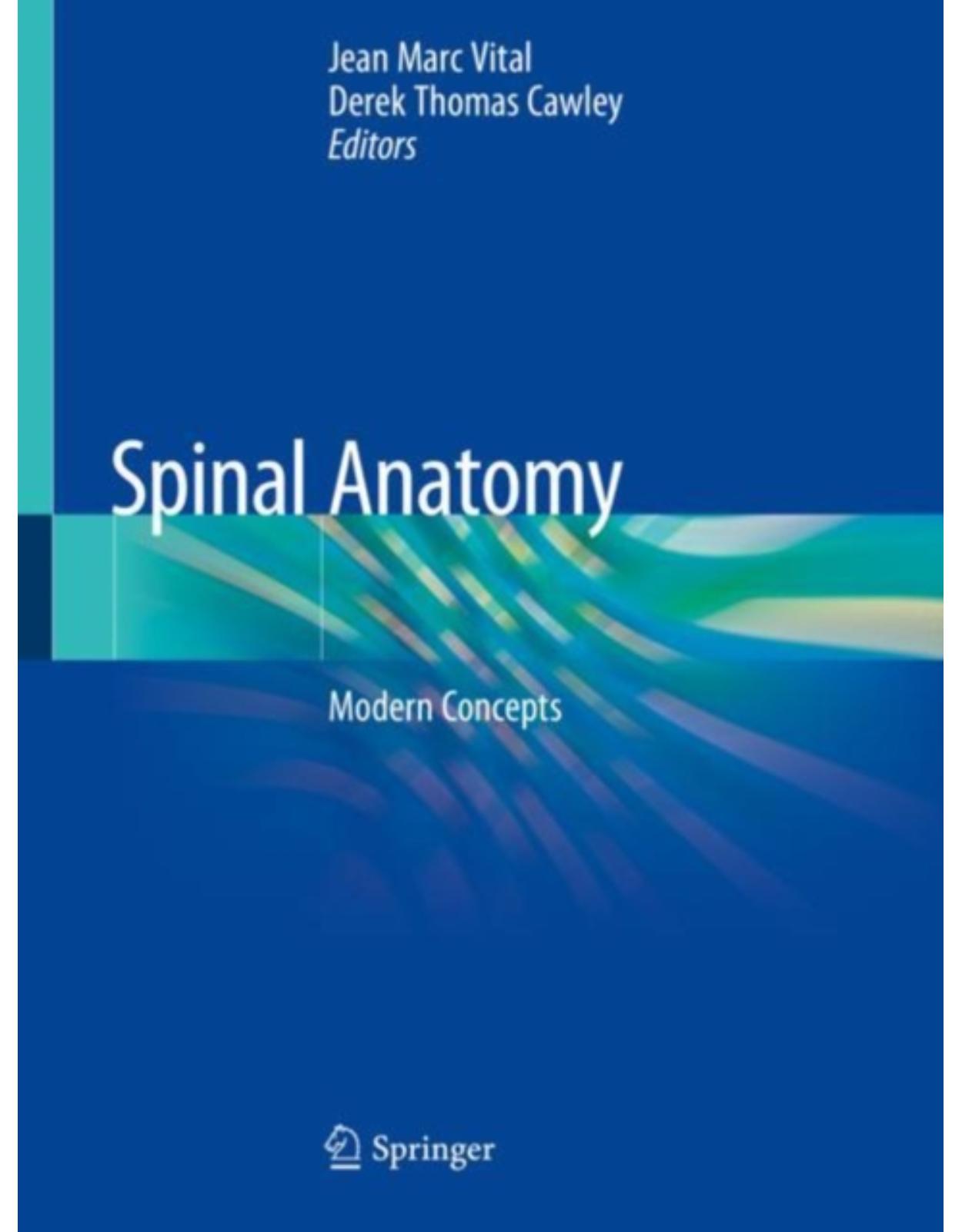
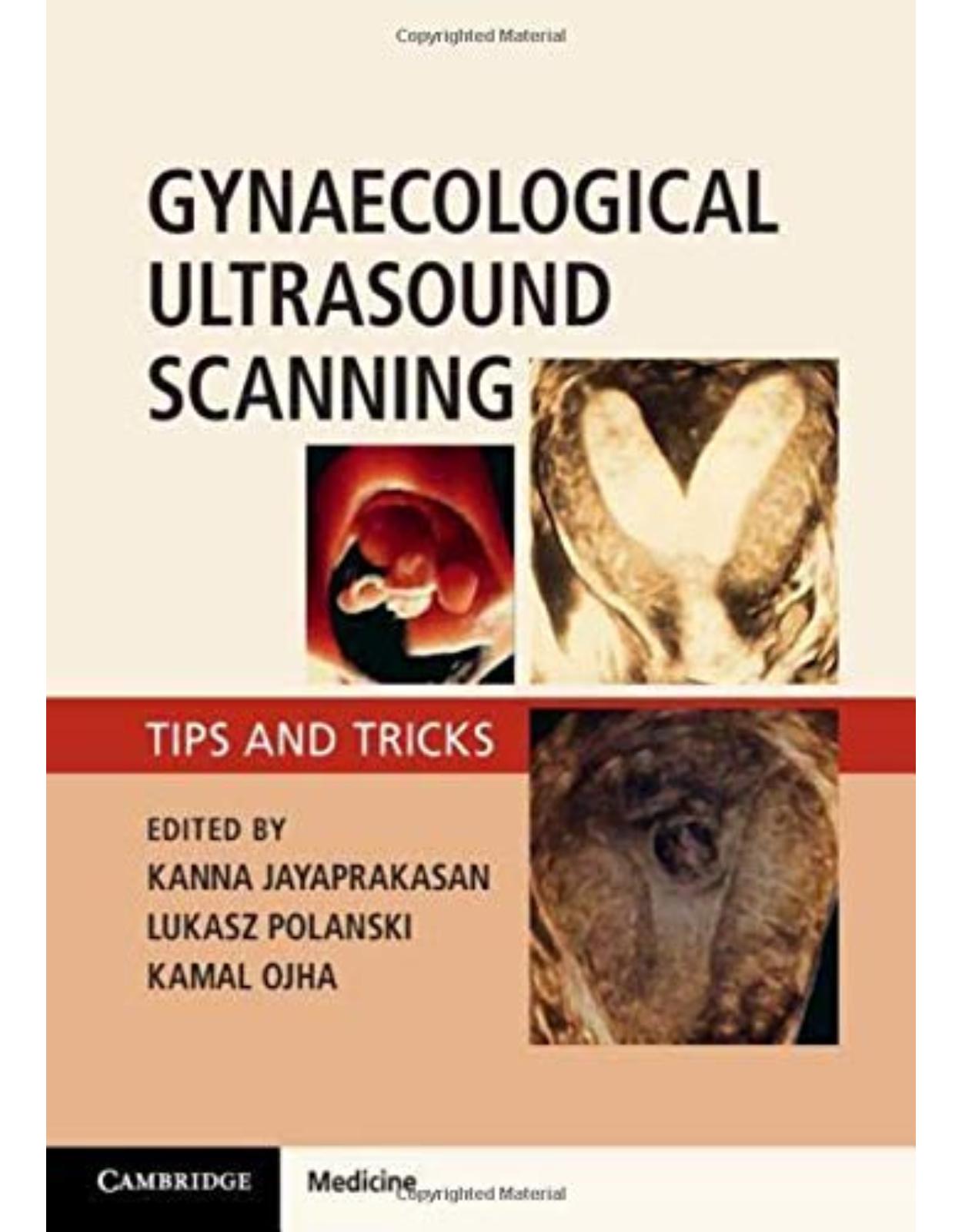
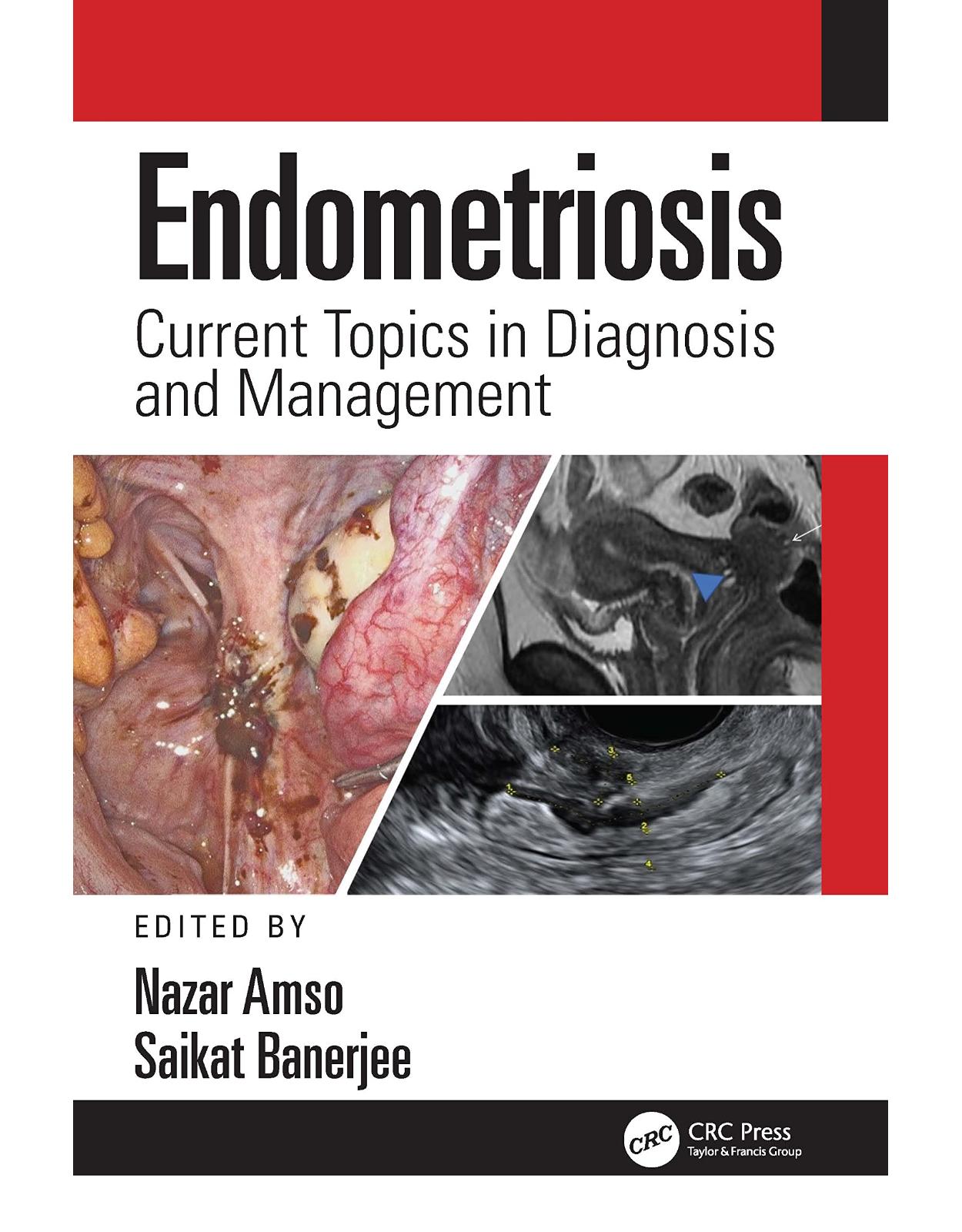
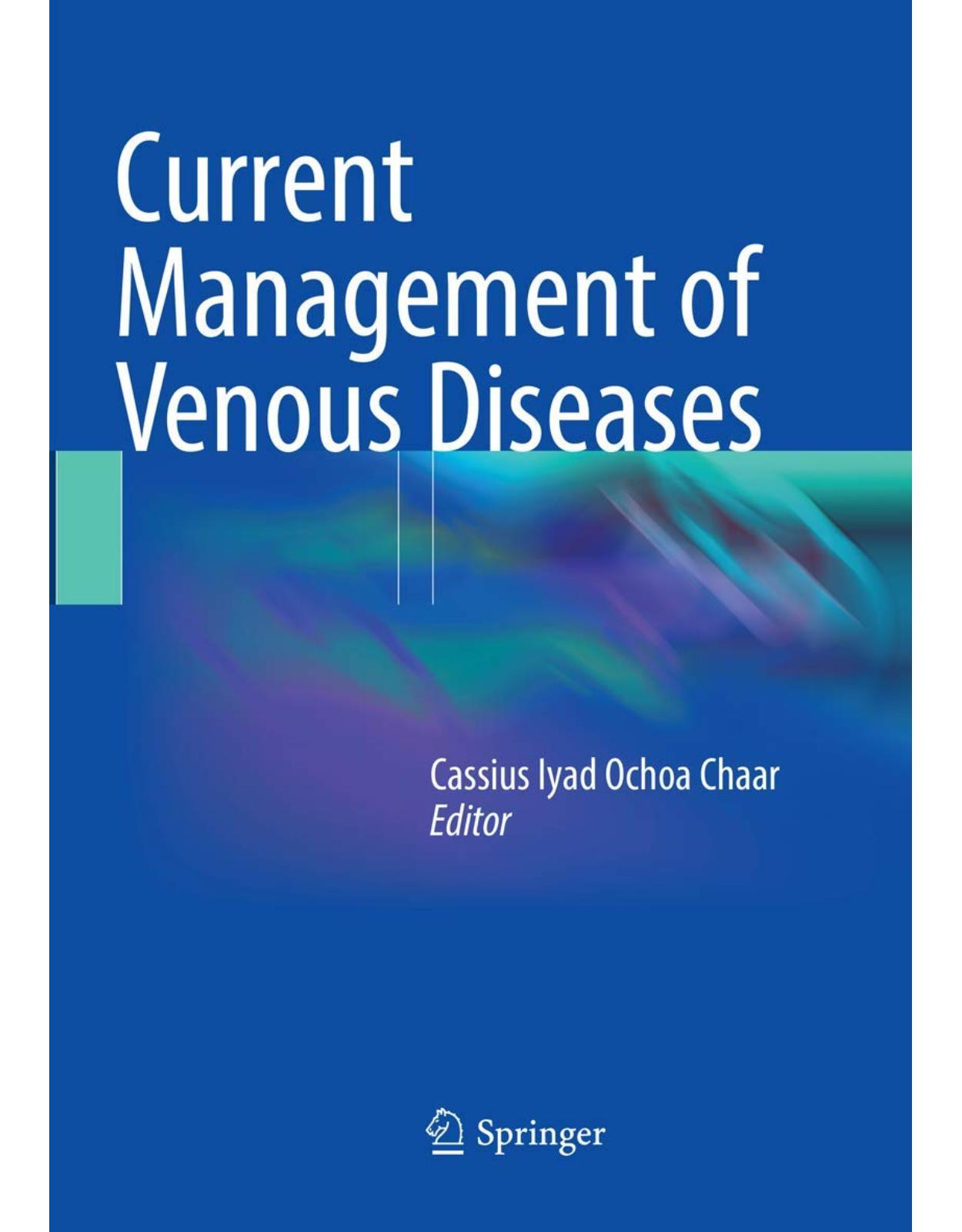


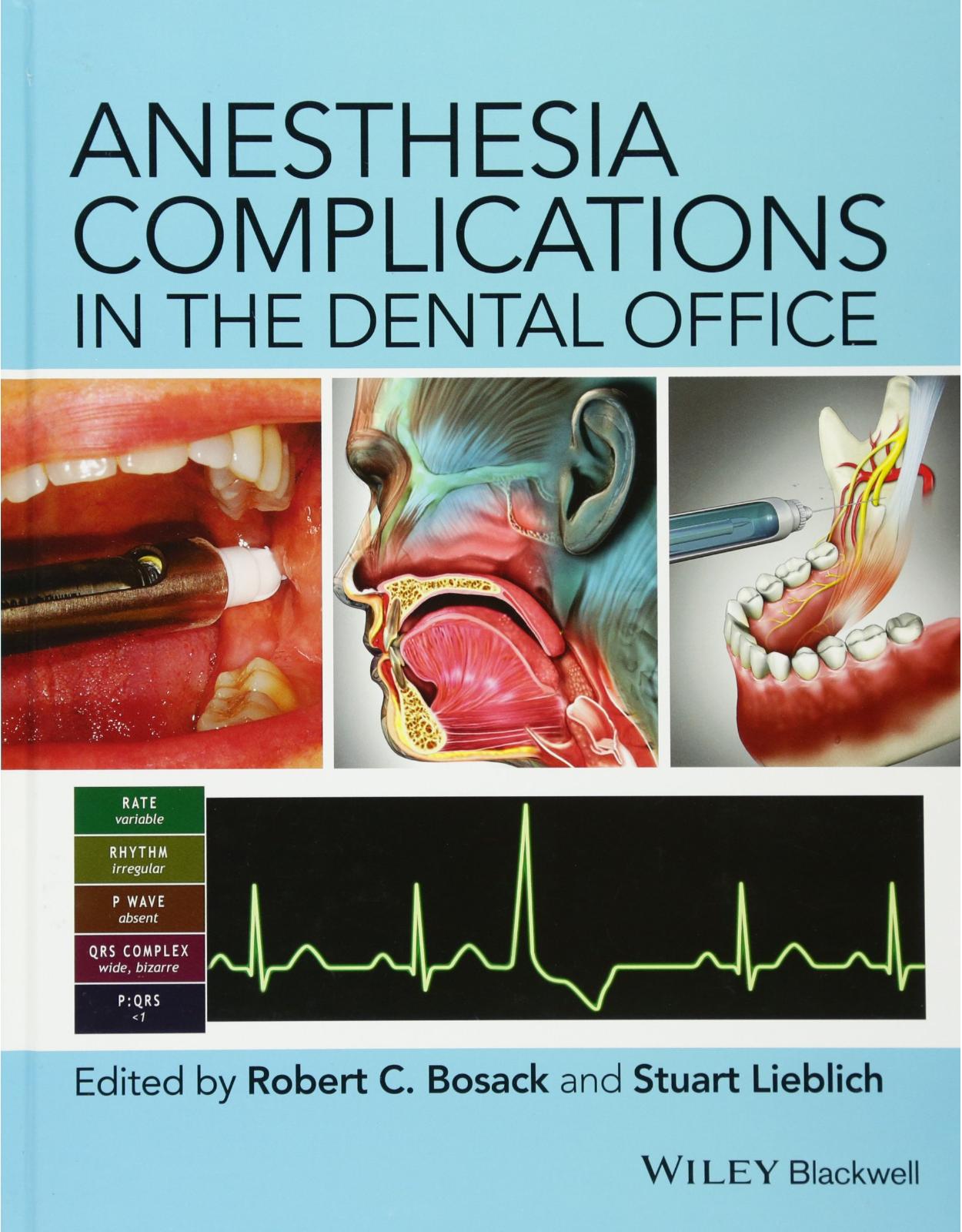
Clientii ebookshop.ro nu au adaugat inca opinii pentru acest produs. Fii primul care adauga o parere, folosind formularul de mai jos.